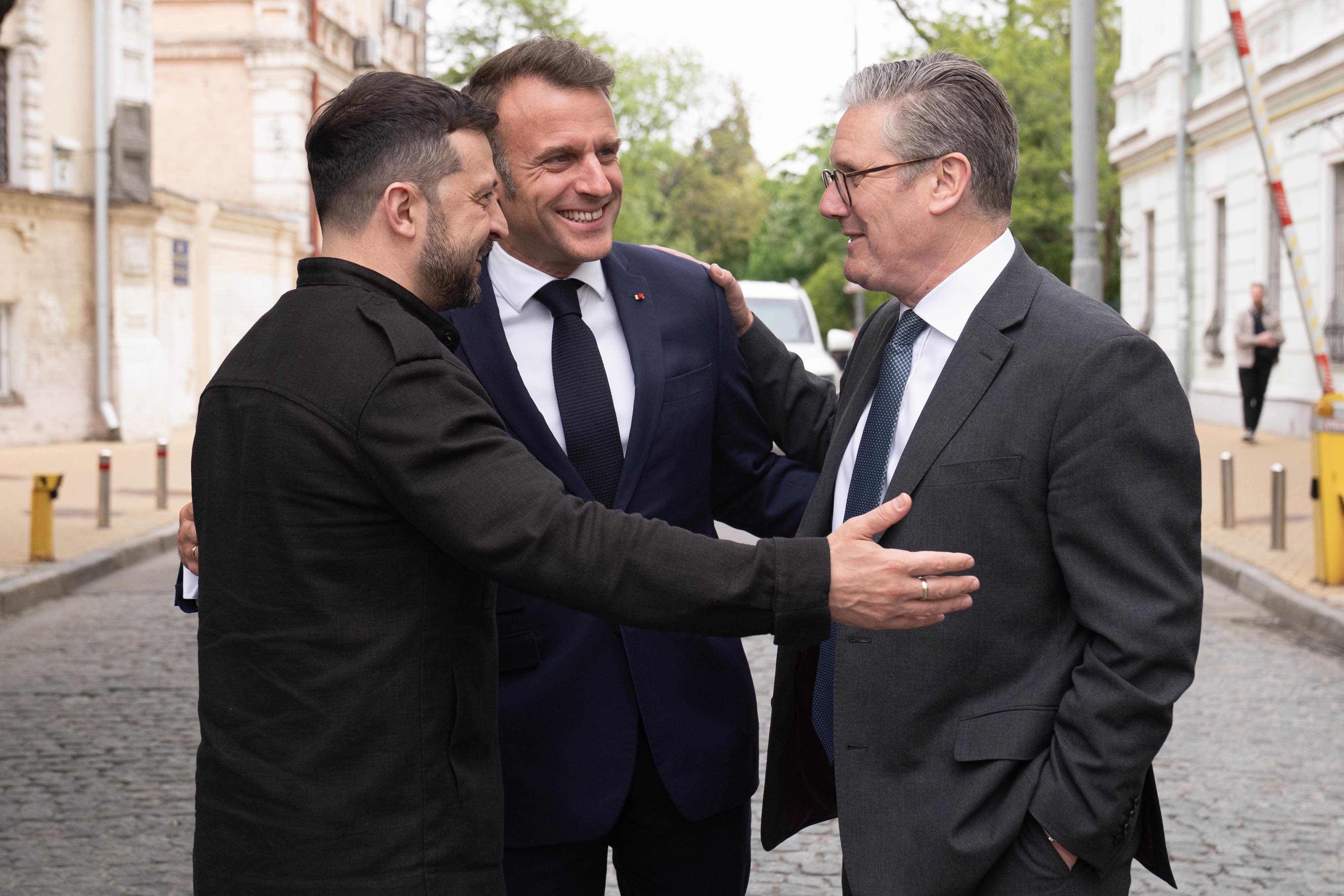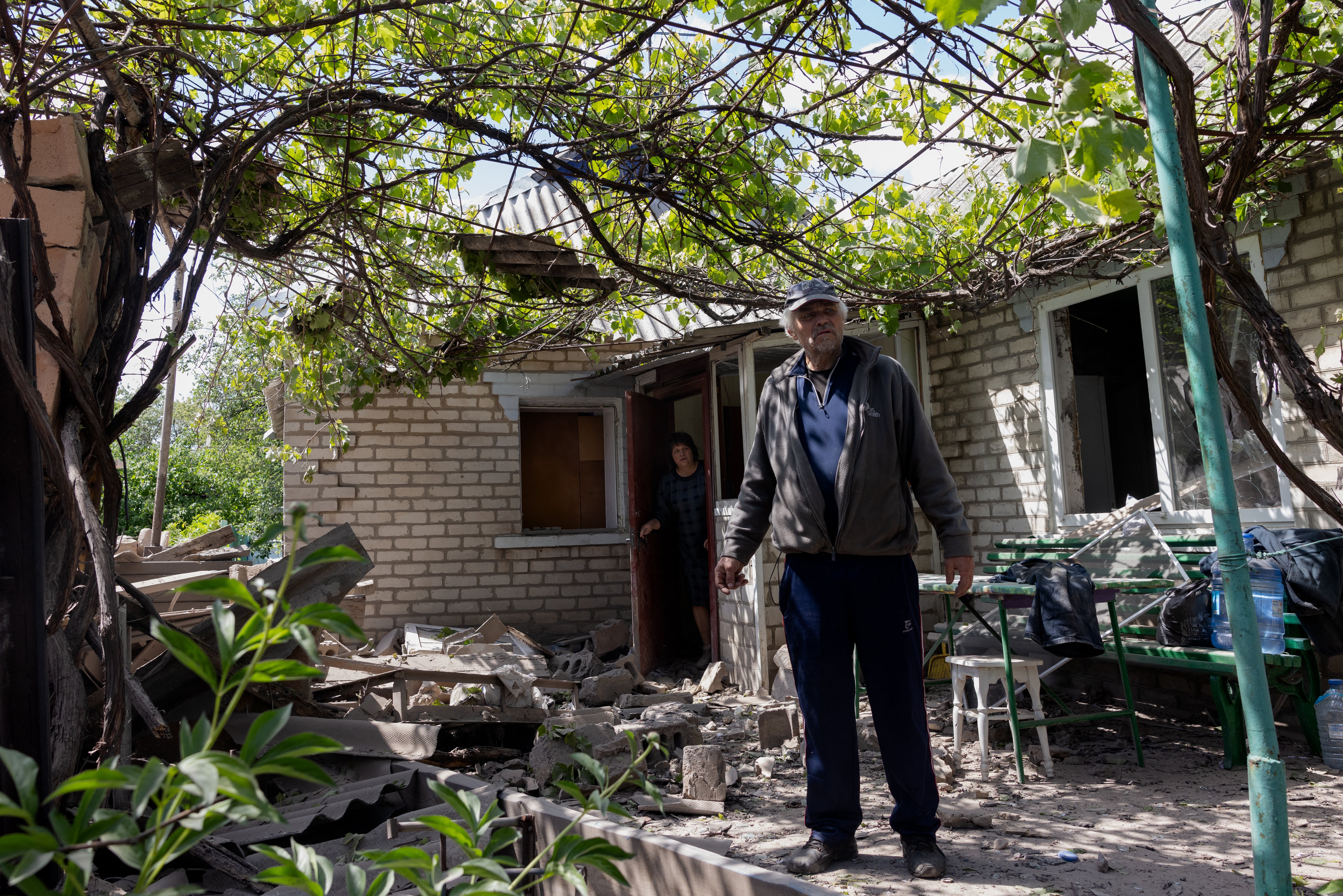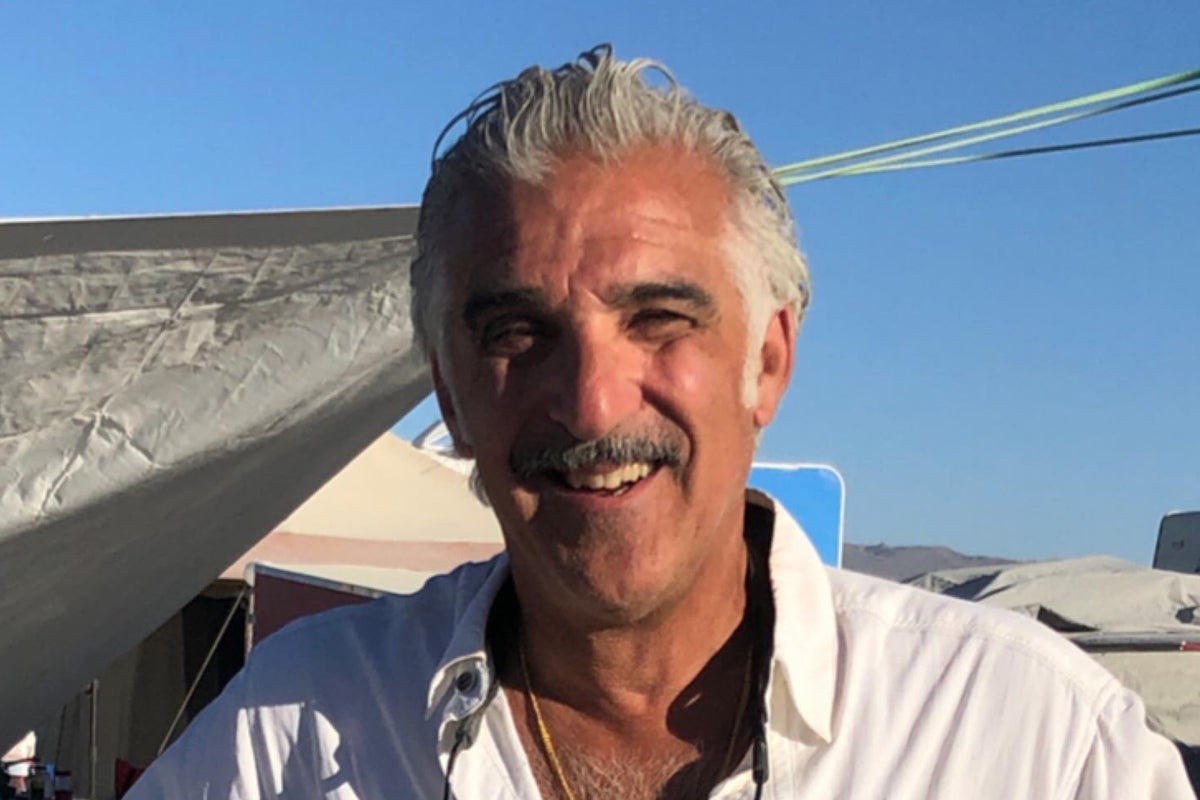ARTICLE AD BOX
Volodymyr Zelensky has thrown down the gauntlet – and is calling Vladimir Putin’s bluff – by announcing he will indeed be in Turkey on Thursday for direct talks on a ceasefire.
Over the weekend, Putin effectively rejected the Ukrainian president’s call for 30-day unconditional truce, which is backed by Sir Keir Starmer, the leaders of France, Germany and Poland (who were all in Ukraine over the weekend) as well as members of the 31-country “coalition of the willing”.
The month-long break from fighting was designed, Zelensky said, as the “foundation for diplomacy” to allow talks for a longer deal. It was supposed to be a continuation of a three-day temporary truce that Putin had initially called, but which expired on Sunday.
Never one to be cajoled, Russia resumed mass drone attacks in Ukraine early on Sunday, launching 108 attack drones from six directions, Ukraine’s air force said.
And instead of pausing fighting, Putin called for direct peace talks to be held on 15 May in Istanbul, brokered by his frenemy, Turkish President Recep Tayyip Erdoğan.
We can only assume Putin expected his spanner-in-the-works-suggestion to be rejected by Zelensky.
But the Ukrainian leader stepped up to the challenge – particularly after Donald Trump cast doubt on Ukraine’s interest in a peace deal, ending a social media post over the weekend with “HAVE THE MEETING NOW!!!” in capitals.
“I will be in Turkey this Thursday, 15 May, and I expect Putin to come to Turkey as well, personally,” Zelensky said bluntly on Monday.
“I hope that this time, Putin won’t be looking for excuses as to why he ‘can’t’ make it. We are ready to talk, to end this war. Thursday. Turkey.”
Zelensky’s most trusted confidante and chief of staff Andriy Yermak goaded Moscow on his own Telegram channel, adding: “What about Putin? Is he afraid? We'll see.”

If this encounter goes ahead, it would be the first meeting between Putin and Zelensky since December 2019.
The question is: will Putin travel to Istanbul, and could this be a final breakthrough? And if talks begin, will Russia agree to a halt in fighting during the process, as Ukraine and its European allies have called for?
As EU Commission Vice President Kaja Kallas said over the weekend: "If there is no ceasefire, there cannot be talks under fire."
There may well be an empty chair moment, where Putin does not show up himself – or another scenario where he sends his foreign insider Sergey Lavrov.
The Kremlin has been making positive noises: they said a call between Putin and Erdoğan showed the Turkish leader "fully supported the Russian proposal" and is ready to provide a platform for the talks and assistance in organising them.
Turkey itself appears committed. In a separate phone call to French President Emmanuel Macron on Sunday, Erdoğan said a "historic turning point" had been reached in efforts to end the war, according to a statement from the Turkish presidential communications office.
Turkey may be well placed as a key negotiator to end the biggest war in Europe since the Second World War.
Erdoğan has a domestic interest in making it work and presenting himself as a vital world statesman, as he seeks a constitutional amendment to remove term limits and allow him to run for office again – which, according to some reports, is not that popular in Turkey.
He has taken opposing sides to Russia in several bloody conflicts from the Middle East to North Africa. But he is also increasingly in an alliance of convenience with Moscow, as the "axis of the excluded" from the West, where they share a mutual grievance over being isolated from Europe.
Turkey, meanwhile, also has good relations with Ukraine. Turkish-made Bayraktar drones delivered to Ukraine's military were a game-changer at the start of the war, helping to thwart Russian armoured vehicles and artillery systems. They became so popular that a radio station was named after them, and there were even reported incidents of people naming their pets after the weapon. The drone’s manufacturer, Baykar – owned by the family of one of Erdoğan’s sons-in-law – began constructing a manufacturing plant in Ukraine last year that is expected to be completed this summer.

Pressure is on Putin to do something. On Saturday, the leaders of Britain, France, Germany and Poland threatened Russia with new sanctions if the proposed 30-day truce was violated – though it is unclear what firepower they are able to muster on that front in the near term.
The UK has led the charge, with Mr Lammy saying on Monday: "No more ifs and buts, no more conditions and delays” after Starmer’s latest visit to Ukraine.
On Monday, Germany warned “the clock is ticking” and European countries will start prepping new sanctions against Russian within hours unless the Kremlin starts abiding by the extended ceasefire plan by the close of play.
President Trump also pressured Ukraine to attend the Turkey meeting “IMMEDIATELY”, adding on Truth Social that at least “they will be able to determine whether or not a deal is possible, and if it is not, European leaders, and the US, will know where everything stands, and can proceed accordingly!”
All eyes will be on the gathering in Istanbul on Thursday - and whether the seat next to Zelensky will indeed be filled.









 English (US) ·
English (US) ·